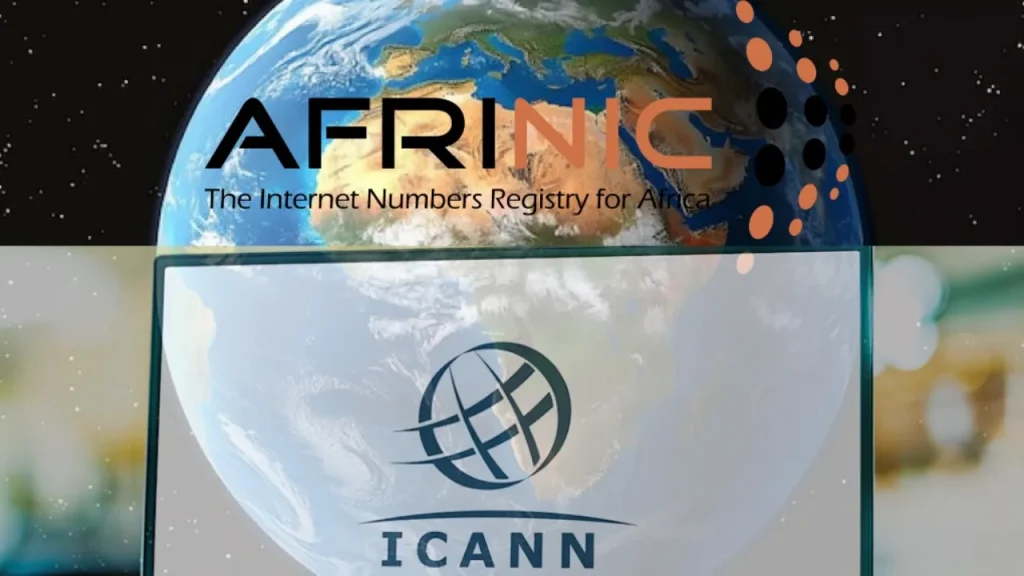- ICANN’s interference in AFRINIC’s internal elections raises concerns about its intentions in Africa.
- Smart Africa’s alignment with ICANN may compromise Africa’s control over its digital future.
ICANN’s intervention: power grab or necessary oversight?
ICANN’s growing involvement in African internet governance is raising alarms about its true intentions. Traditionally, ICANN has supported regional autonomy, but its recent attempts to intervene in AFRINIC’s leadership elections signal a shift towards centralising control. The controversial push to veto a court-approved election and override regional processes is seen as an attempt to exert undue influence over Africa’s IP resources.
This interference undermines the multistakeholder processes that have historically governed Africa’s digital ecosystem. ICANN’s quiet power grab, particularly through the ICP-2 compliance document, could lead to a future where external entities dictate Africa’s internet governance, sidelining local priorities and needs.
Also read: Is ICANN dodging the AFRINIC community by supporting Smart Africa’s CAIGA?
Also read: ICANN’s role in AFRINIC elections faces scrutiny, claims of interference
Smart Africa’s role: aligning with ICANN?
Smart Africa, a key initiative focused on transforming Africa’s digital infrastructure, has partnered with ICANN in supporting regional projects. However, critics argue that this partnership risks weakening Africa’s bottom-up governance model. By backing ICANN’s increasing control, Smart Africa may inadvertently open the door for external forces to dictate the future of African internet governance, undermining local efforts to manage resources in a way that best serves the continent.
Cloud Innovation, a major AFRINIC member, has called for a new regional internet registry to replace AFRINIC, citing governance failures. This move, supported by ICANN, raises further concerns about the erosion of Africa’s sovereignty in digital matters.

